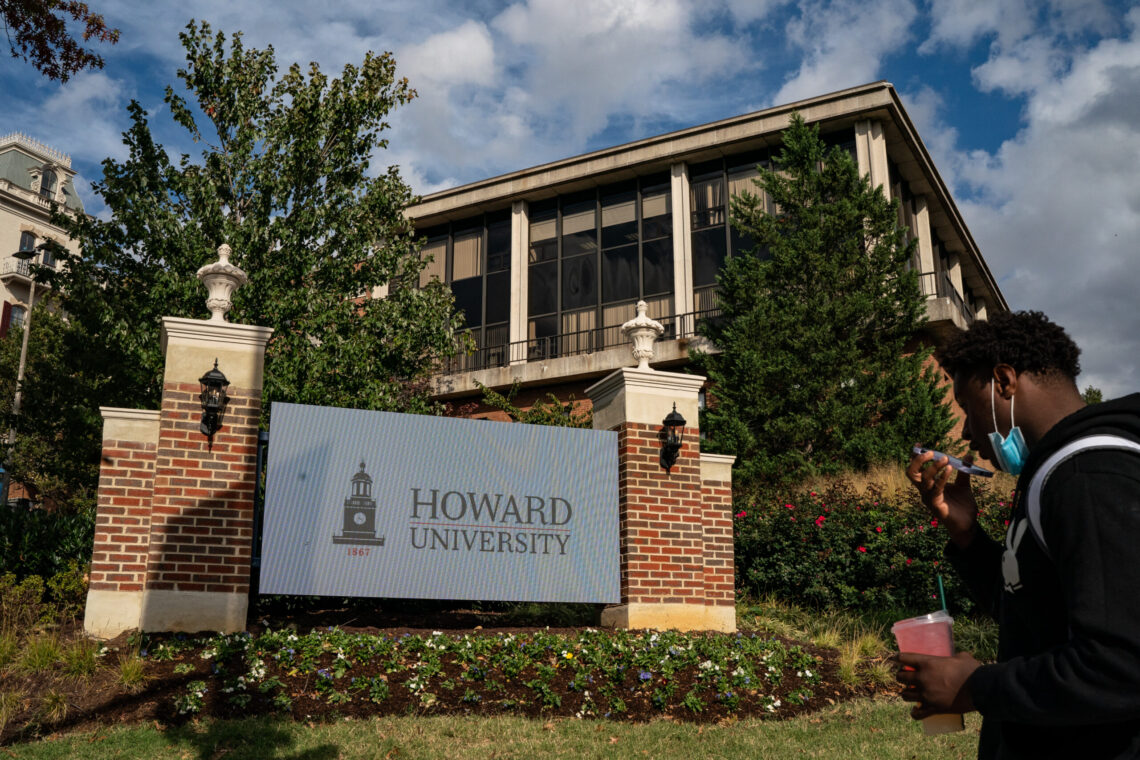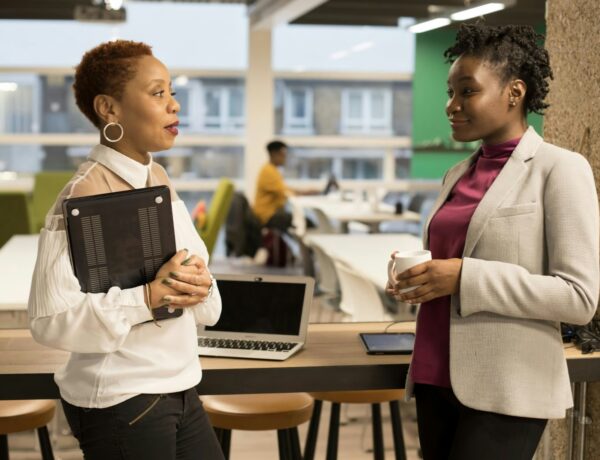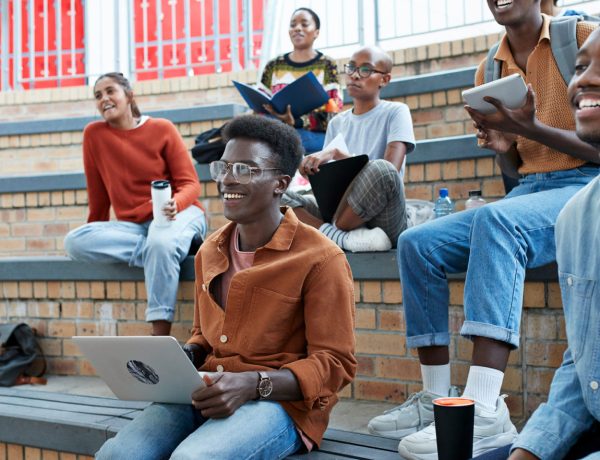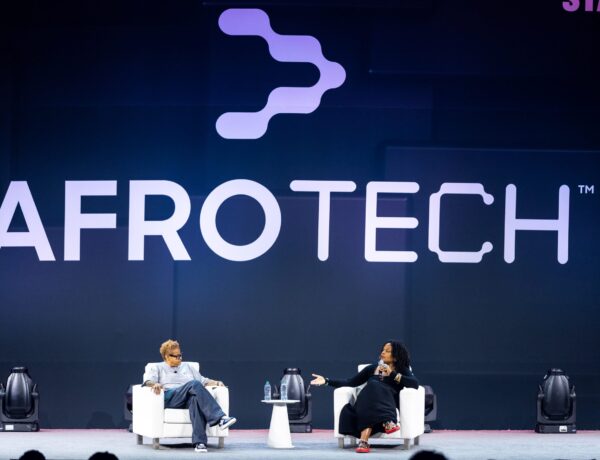Cheyney University of Pennsylvania became the first HBCU to open in 1837. Like its successors, Hampton, Howard and Spelman, these institutions were developed to provide access to higher education for Black students. Up until then, Black students were either excluded from the higher education experience by predominantly white institutions or one of the few that were admitted.
In the 1970s, HBCUs began to see an influx of non-Black students pursuing admission. The percentage of non-Black students has reached close to 30% at some HBCUs with the highest being 90% at the Bluefield Colored Institute. White students have long attended HBCUs and continue to enroll today, yet the history of higher education still begs the question: Can white people go to HBCUs?
The History of the HBCU
Due to racial discrimination, Black people were largely prevented from pursuing higher education. The development of HBCUs has served the Black community, and continues to, through education and philanthropy. Graduates of the universities and colleges have also given back, in addition to making a name for themselves, while shedding light on their alma maters. Presidential candidate and vice president of the United States Kamala Harris is a graduate of an HBCU (Howard University) as is Spike Lee, Oprah Winfrey, Taraji P. Henson and many more. In their founding, HBCUs became safe spaces for non-Black students of color and white students too.
White Attendance at HBCUs
In addition to being safe spaces, HBCUs were known, for many years, to be less costly than their predominantly white institution (PWI) counterparts. And the non-Black students who attended HBCUs were provided a cross-cultural learning environment. Now, critics are second-guessing the motives of white students that attend HBCUs as some of those students have come forward to express enjoying being a “commodity.” Nevertheless, the tuition dollars of these students contribute to HBCUs continuing to serve as an option for (Black) students, which has the power to change the trajectory of their lives.
Black Students and Higher Education
In 2020, approximately 36% of Black people ages 18-24 pursued higher education. Interest in admission has risen after the Supreme Court’s decision to ban affirmative action in school applications. Similarly, the donations of companies and alumni contribute toward keeping the doors open. The efforts of our forefathers and foremothers remain at the foundation of our HBCUs, social justice movements and the overall enrichment of today’s cultural climate. So, yes, white people can obviously go to HBCUs. But they should be prepared to champion the role of these colleges in the lives of Black students and our society.
Ashley Nash is a SEO Writer at Blavity. A lover of storytelling, she started off as a freelance writer covering local news for newspapers throughout Los Angeles. She then went on to pursue her masters in journalism from the USC Annenberg School. During the summer of her first year, she interned at Cape Community Newspapers in South Africa where she covered breaking news, art and culture. She returned home, graduated and found herself wanting to travel more, leading her to take on a role in the Bay Area. There, she worked in tech and marketing while continuing to freelance as a writer and photographer covering social justice. She desired a full-time role that would allow her to continue exploring her interests in social justice, identity and beauty while pursuing other avenues of content production.
A stint in copywriting, back home in Los Angeles, only strengthened her desire to produce stories both written and visual. So, she pursued and accepted the opportunity to work as a Story Hunter with Vox Media, where she produced and directed short videos for B2C brands. When the pandemic hit and companies loosened their restrictions around schedule and location, Ashley saw this as another chance to travel. She decided to move to the most coveted of her desired destinations: New York City. The writer-creative and apparent traveler continued to story hunt, producing and directing videos for Okta, Victoria’s Secret and Zoom. She also continued to freelance as a writer and photographer adding makeup artist and model to her budding repertoire.
Her 11-year span of work has appeared in Blavity, Ebony, AFROPUNK, CRWN Magazine, Madame Noire, Carefree, Teen Vogue, Italian Vogue, HuffPost, Access Hollywood and Wear Your Voice Magazine. She now lives in Los Angeles with her fiance’, daughter and family. Ashley is happy to return to the editorial space, viewing it as a homecoming. When she isn’t mothering or spending time with family, Ashley is helping people write, recording podcast episodes, editing her website, TikToking, thrift-shopping, enjoying cute cafes and eateries. Her website is itsashnash.com and her handle on all socials is @itsashnash.
I adhere to the highest benchmarks for ethical integrity and accuracy in journalism as outlined in The AfroTech editorial policy.





